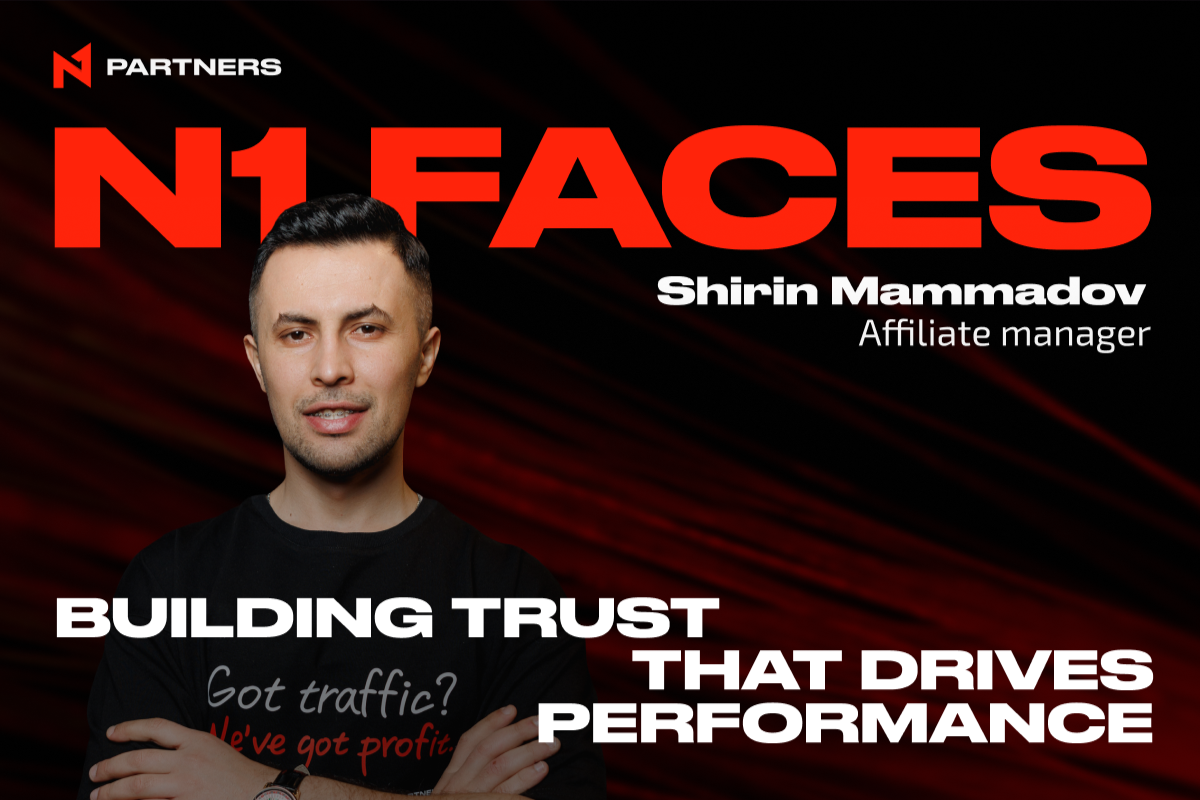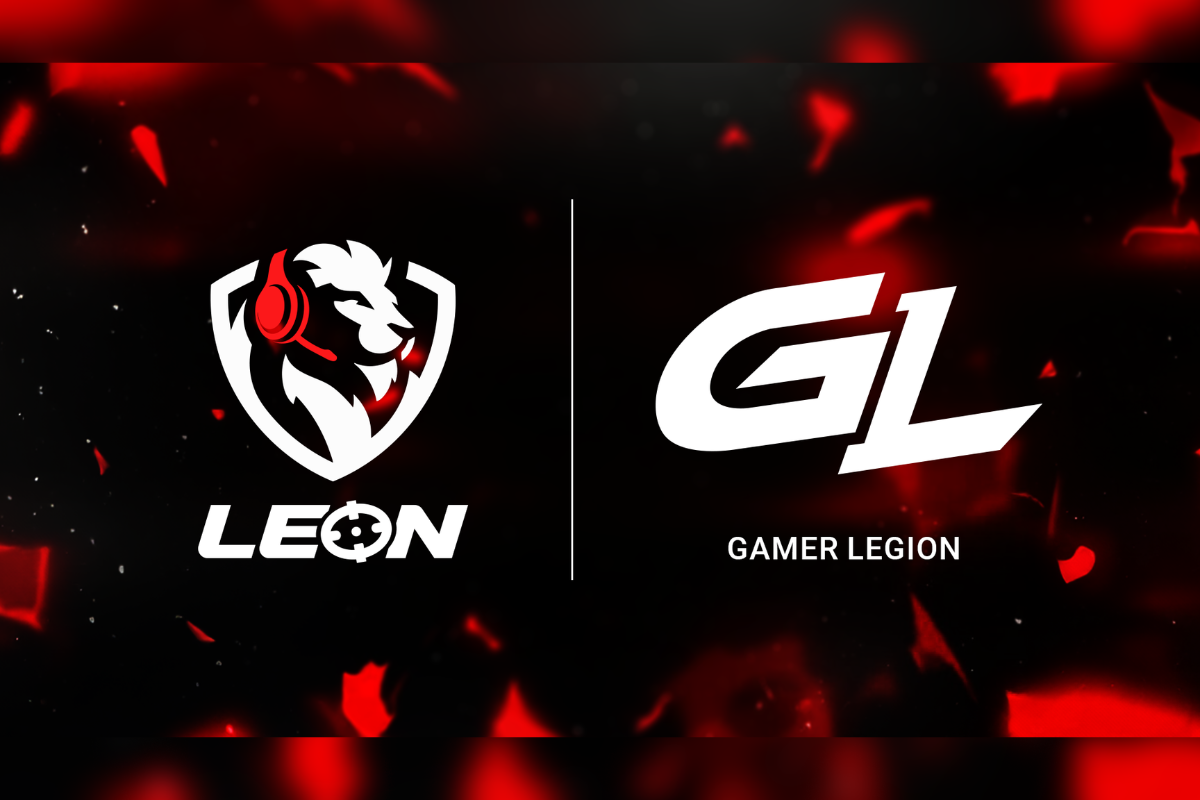News
Why Gambling Affiliate Companies are Key for Smaller American Sportsbooks

As online sports betting continues to expand in the United States, gambling affiliate companies in the country are also growing in number.
The primary objective of affiliate companies is to earn their own small share of the multi-billion dollar market, but they also play a big role in helping new and smaller sportsbooks find their feet in the industry.
The American sports betting market is dominated by a handful of sportsbooks, with FanDuel alone owning about 50% of the market. DraftKings and Caesars are also solidly placed on the podium, making it very difficult for new operators to break through.
This is where gambling affiliate companies come in. Partnering with affiliate sites is a financially-prudent way of online marketing, as the cost is often directly related to the success of the campaign.
Swedish-based affiliate company Leadstar Media is one of many European companies that have turned their focus on the American market, launching a wide array of US focused products, including bonus comparison site, Betting Bonus USA.
Lee Cooper, editor-in-chief at Betting Bonus US, believes affiliate sites are important to all sportsbooks, but even more vital to new and smaller operators.
“For established sites like FanDuel and DraftKings, it is all about consolidating their positions at the top of the market”, he said.
“They have got the big bucks to run sponsorships and advertisements, but they also want to be on top of every list and not give room for complacency”.
“Many smaller operators don’t have the financial muscle to compete with the big guys, and rely heavily on affiliation to get customers and push their brand”, Cooper observed.
Having already enjoyed great success in other countries like Brazil and the United Kingdom, where they send thousands of new players to their partners on a monthly basis, Leadstar Media are confident of having similar success in the United States, considering the enormous potential of the country.
“We have invested a lot of quality resources into the United States, and are beginning to reap the dividends of all that effort”, Cooper stated.
The American gambling market is already quite big, but it is still nowhere near its full capabilities. Sports betting is now legal in some capacity in over 30 states, but significantly fewer states in the country allow online casino gambling.
With more states set to open their doors to the different forms of online gambling, there are many more new customers to be had. This again highlights the importance of affiliate gambling sites to smaller operators in the American market.
It is difficult enough for a new operator to break into the American market, given the different regulations across the states and fairly high licensing fees and taxes. It is even more difficult to usurp the established order and run the business profitably.
The big players look set to keep hold of their positions for the foreseeable future. They’ve already amassed a lion share of the gambling revenue, and are in a vantage position regarding advertising.
Gambling affiliate sites offer a more level playing field for the smaller operators to rub shoulders with the current market leaders and compete for customers. It’s a much fairer fight for the newbies!
News
N1 Faces: Shirin Mammadov — Building Trust That Drives Performance

Growth in affiliate marketing is easy to promise — much harder to sustain. Real long-term results are built on consistency, clear communication, and relationships that can withstand market shifts, changing traffic sources, and rising competition.
In the new episode of N1 Faces, the N1 Partners team introduces Shirin Mammadov, Senior Affiliate Manager — a specialist focused on building structured, trust-based collaboration with partners. In this interview, Shirin shares how he entered the industry, what principles guide his work today, and what it takes to maintain performance and clarity in a high-pressure environment.
Shirin Mammadov
Senior Affiliate Manager, N1 Partners
How did you get into affiliate marketing, and when did you realize this was the field you wanted to grow in?
It started unexpectedly. At the time, I was running our own startup and wasn’t actively looking to move into affiliate marketing. The industry felt fast-paced, competitive, and performance-driven — exactly where I thrive. I’ve always enjoyed communication, negotiations, and building relationships, and affiliate marketing combines all of that. After some time in the role, I realized this wasn’t just a temporary step — it was a field where I could grow and challenge myself long term.
What brought you to N1 Partners, and what was the deciding factor?
Before joining N1 Partners, I was on the affiliate side, and N1 was one of my partners. From the start, the relationship with the team was transparent and professional. I saw their structured processes and strong performance mindset, but also a genuinely friendly atmosphere.
When I decided to move forward in my career, the key factor was trust. I already knew their standards and approach to growth. It wasn’t a risky move — it was a strategic one. I wanted to join a company I respected and where my affiliate-side experience could add real value.
What advice would you give your first-month self as an affiliate manager?
I would tell my first-month self to focus less on trying to prove myself immediately and more on deeply understanding the product, numbers, and traffic quality. Building strong partnerships takes time, and trust is more important than quick deals. I would also remind myself to ask more questions and not be afraid to challenge assumptions. The faster you understand the bigger picture, the faster you grow.
When do you know a partner will become a long-term relationship rather than a one-off deal?
You can usually see it from the very first conversations. If a partner is transparent about their traffic sources, open to feedback, and interested in continuous optimization rather than just the highest CPA, that’s a strong sign. Long-term partners think about strategy, testing, and growth — not just short-term profit. When there is mutual trust and aligned goals, it naturally turns into a sustainable relationship rather than a one-off deal.
How do you separate “normal volatility” from a real problem when you look at performance reports?
I separate normal volatility from a real problem by looking at trends over time rather than reacting to a single day’s numbers. Small fluctuations are normal, but consistent drops, unusual patterns, or deviations from historical performance are red flags. I also consider external factors, like seasonality or campaign changes, before jumping to conclusions. Once a pattern looks concerning, I dig into the data and communicate with the partner to identify the root cause.
Was there a time when the right communication truly “saved” a partnership? What did you do differently?
Yes, there was a situation where a partner was underperforming and frustrated with their results. Instead of focusing on numbers alone, I scheduled a direct conversation to understand their concerns and listen carefully. By aligning on goals, explaining the strategy, and suggesting practical adjustments, we rebuilt trust and improved performance together. It showed me that proactive, transparent communication can turn a challenging situation into a stronger, strategic partnership.
Do you have a personal motto? Sum yourself up in one sentence.
Work smart, communicate clearly, and always aim for long-term results
What helps you stay balanced and clear-headed during high-pressure periods?
I stay balanced by keeping active and making sure I move my body, whether it’s at the gym or just staying consistent with workouts. I also make a point to disconnect from work for short periods, which helps me reset and approach challenges with a clear mind. Planning my day carefully and focusing on one task at a time keeps stress manageable. This combination of physical activity and structured focus helps me stay calm and effective under pressure.
If you weren’t in iGaming …
If I weren’t in iGaming, I think I’d be a seaman. I’ve always been drawn to the sea – the challenge, the adventure, and the discipline it requires really appeal to me. In a way, both paths share the same mindset: staying focused, navigating uncertainty, and taking responsibility for outcomes.
Top-3 Blitz
What are the biggest red flags in leads — and what do you do when you see them?
- Unclear traffic sources — I ask detailed questions and request transparency before moving forward.
2. Inconsistent performance — I monitor closely and set clear KPIs to track improvements.
3. Lack of communication or responsiveness — I address it directly, set expectations, and decide if the partnership is worth continuing.
From an affiliate’s perspective, what matters most in an affiliate program?
1.Timely and transparent payments — affiliates need confidence in accurate, on-time payments.
2.Clear communication and support — being able to get answers, guidance, and updates quickly is essential.
3.Opportunities for growth — competitive offers, performance incentives, and tools that help them scale traffic effectively.
Name the tools you can’t imagine an affiliate manager working without.
- CRM / Affiliate tracking platforms — to monitor performance, track partners, and analyze data accurately.
2. Spreadsheet & analytics tools — for performance analysis, trend spotting, and making data-driven decisions.
3. Communication tools — email, chat, and video calls to maintain strong partner relationships.
Join N1 Partners
Partners who want to discuss a launch, explore tailored terms, or test an offer can reach out to Shirin directly.
N1 Partners provides everything affiliates need to stay ahead: high-converting products, ongoing analytics with optimization recommendations, and hands-on support from managers focused on long-term performance.
N1 Partners is more than an affiliate program. As a multi-brand affiliate platform and direct advertiser, the company unites 14+ casino and betting brands, operates across Tier-1 GEOs, delivers Reg2Dep rates of up to 70%, and offers competitive deals for top partners — CPA up to €700 and RevShare up to 45%. Trusted by 14,000+ partners, N1 Partners is recognized for its transparency, flexibility, and partner-first approach — where people and communication quality remain the foundation of long-term success.
News
LEON Esports Expands its Partnership with GamerLegion to Include a Dota 2 Team

Online casino and sportsbook LEON has expanded its partnership with the esports organisation GamerLegion to include the team’s Dota 2 roster.
LEON already sponsors GamerLegion’s Counter-Strike 2 team, and the new agreement marks the next step in the brand’s growing LEON esport direction.
GamerLegion’s North American Dota 2 squad was formed in late 2025 and played its first official match on November 15th. The team is currently ranked around #17 in the world and has already taken part in major tournaments such as PGL Wallachia, DreamLeague and BLAST Slam.
As part of the expanded partnership, LEON and GamerLegion will launch exclusive giveaways, fan activities and joint content for the esports community, continuing to build engagement around both teams.
News
Meet N1 Partners at Affiliate World Global in Dubai

N1 Partners team is attending Affiliate World Global in Dubai on 4 and 5 March 2026. The event is a major meeting point for affiliates, media buyers, and performance-driven brands, known for high-intensity networking, deal-making, and practical conversations around traffic, monetization, and scaling.
One of the key focuses will be the N1 Traffic Cups series, a year-long format of traffic tournaments running throughout 2026. The first stage, N1 SEO Traffic Cup, which is just getting started and will open the season for affiliates ready to compete, scale, and earn extra rewards.
Affiliate World Global will be the perfect moment to discuss the N1 SEO Traffic Cup in person. Attendees will be able to connect directly with the team, get the details first, and explore the best strategies for their traffic to take advantage of the tournament.
In Dubai, N1 Partners will be ready to connect with partners looking for strong brands, fast execution, and flexible deals across 10+ Tier-1 GEOs. The team will also share insights into new projects planned for 2026, upcoming launches, and key growth priorities for the year ahead.
Book a Meeting with Our Affiliate Managers
To make the most of Affiliate World Global, book a meeting with N1 Partners in advance and discuss partnership opportunities directly on-site.
Alexey Gusarov, Team Lead of Affiliates and Victoria Sokolenko, Affiliate Manager, will represent N1 Partners in Dubai and will be available throughout the event to talk about traffic strategy, deal structures, and how to join the upcoming N1 Traffic Cups.
Why Meet N1 Partners at Affiliate World Global
Affiliate World Global is the right place to explore:
- 14+ casino and sportsbook brands with Reg2Dep up to 70%
- Top deals across 10+ Tier-1 GEOs
- CPA up to €700 for high-performing traffic, RevShare up to 45% + NNCO for top partners, and hybrid models
See you in Dubai at Affiliate World Global.
About N1 Partners
N1 Partners is a multi-brand affiliate program and direct advertiser, bringing together 14+ casino and sportsbook brands with high LTV and Reg2Dep conversion rates of up to 70%. Operating successfully since 2018, the company delivers stable results and long-term value for partners worldwide.
N1 Partners offers transparent terms, flexible partnership models, and a reputation as a reliable partner. With a strong product portfolio, advanced retention system, and experienced team, N1 Partners helps partners achieve consistent earnings even in highly competitive Tier-1 markets.
Be number one with N1 Partners.
-

 News2 weeks ago
News2 weeks agoN1 Traffic Cups: The Year of Traffic Tournaments Starts soon
-

 News2 weeks ago
News2 weeks agoN1 Insights: The iGaming Trends Everyone Will Be Talking About This March
-

 News6 days ago
News6 days agoMeet N1 Partners at Affiliate World Global in Dubai
-

 News2 days ago
News2 days agoLEON Esports Expands its Partnership with GamerLegion to Include a Dota 2 Team
-

 News6 hours ago
News6 hours agoN1 Faces: Shirin Mammadov — Building Trust That Drives Performance






























